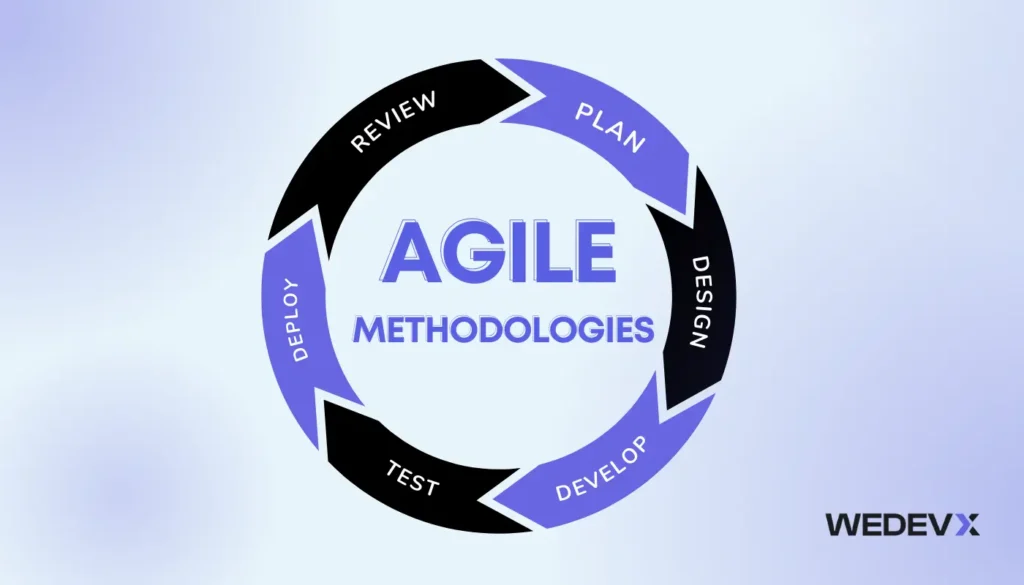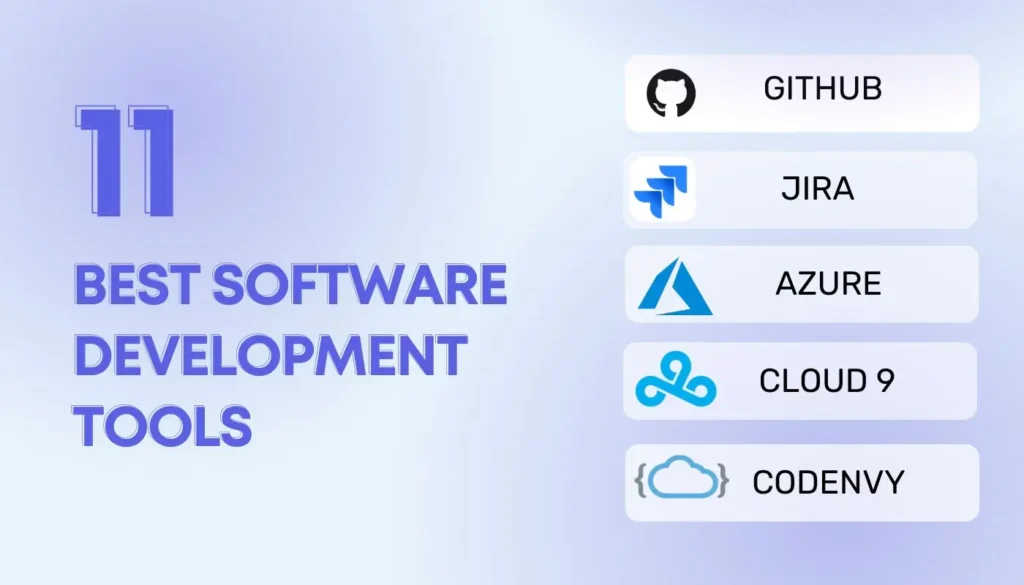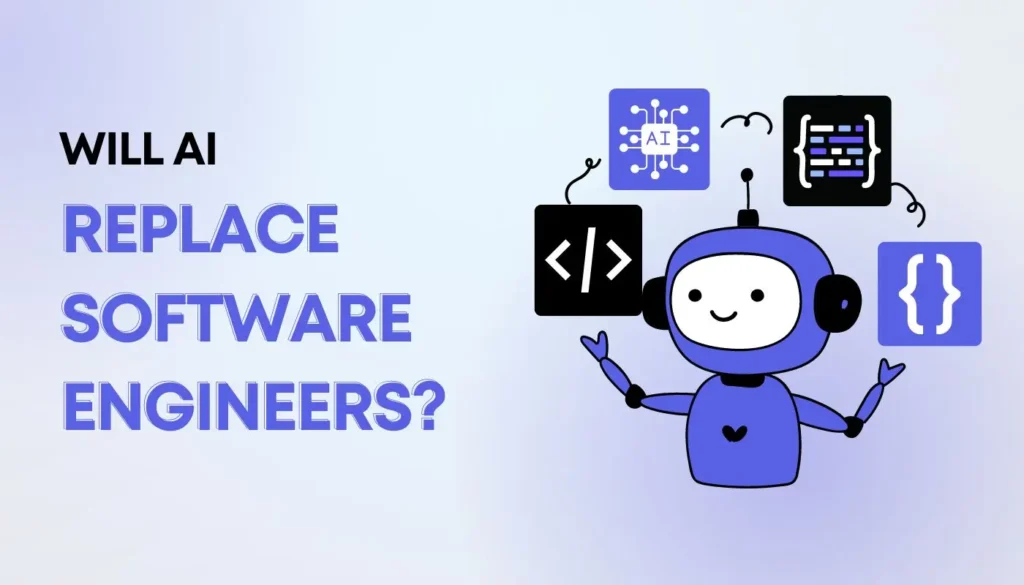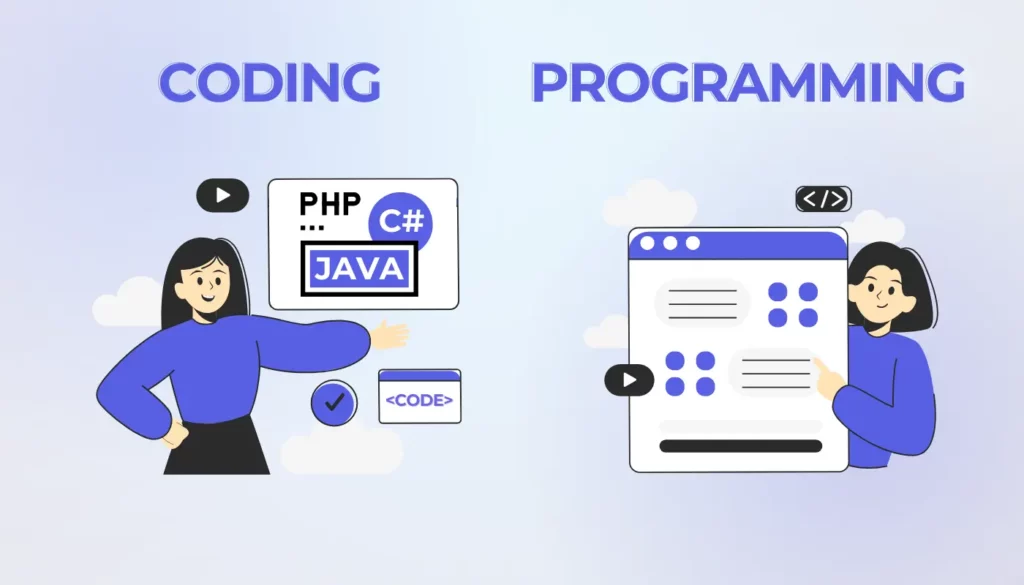The main difference between SDET and DevOps engineer revolves around their roles and objectives in the software development lifecycle. SDETs focus on enhancing software quality by developing automated tests and ensuring robustness through the development lifecycle. DevOps engineers streamline and automate the software delivery pipeline, bridging development and operations to facilitate faster, more efficient deployments.
Introduction: A New Era in Software Engineering
Are you someone who is deeply intrigued by the world of software development and testing? Do you often find yourself confused about the differences and similarities between SDET (Software Development Engineer in Test) and DevOps? Well, you don’t have to anymore. In this article, we are going to delve deep into the landscape of these two fascinating domains and dissect everything you need to know about SDET, SDET course and DevOps. So buckle up and get ready to embark on this intellectually stimulating journey!
SDET: Unleashing the Power of Test-Driven Development

What is SDET?
Before we begin we need to clear all of the complicated subject terminology. SDET stands for Software Development Engineer in Test, and these professionals play a vital role in the software development lifecycle. When it comes to QA and reliability of software, Quality Assurance Engineers rule the roost. As a Test Automation Engineer, your job is to ensure the quality, reliability, and performance of software applications through rigorous testing and automation which is a major part of SDET training. You act as a bridge between a development team and a tester. You have combined skills of both and bring a unique perspective to the table. So, if you’re passionate about testing tools, java SDET course, test planning, performing security testing, and ensuring software product quality, SDET might just be the career path for you.
The Skills of an SDET
To become a successful Test Engineer, one must possess a diverse skill set. Some core skills include proficiency in programming languages such as Java, C#, or Python, expertise in test automation frameworks like Selenium or Appium, a strong knowledge of a software tester, and the ability to analyze complex code. Thanks to options like SDET Bootcamp, SDET training one can learn these skills without spending significant time. Additionally, the job description as an engineer in test role requires to have excellent problem-solving skills, and a knack for continuous learning are essential for a Test Automation Engineer.
The Role of SDET in the SDLC
In the software development lifecycle (SDLC), Test Engineers focus on the testing phase. They collaborate in the software development process to design effective test strategies, create and execute test cases, and develop and improve the overall testability. By leveraging their programming skills learnt from SDET course online, they automate repetitive tasks, ensuring faster test execution and minimizing human errors in the software testing process. The ultimate goal is to deliver a smooth, bug-free user experience.
AI POWERED
CODING PLATFORM
- DEVXAI ASSISTANT
- 300+ CODING EXERCISES
- REAL-LIFE CODING EXERCISES
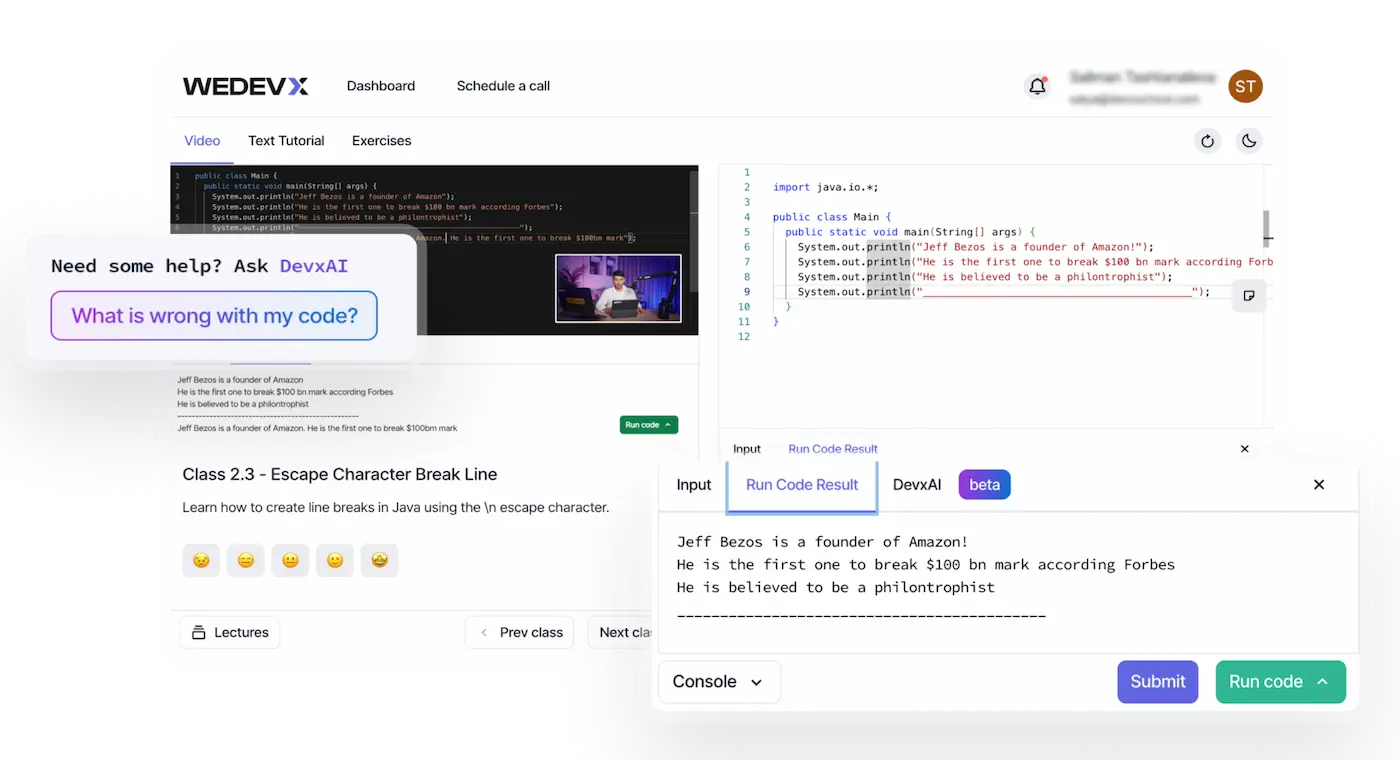
Wedevx: Elevating Your SDET Journey
While numerous online platforms offer Test Engineer courses, one that particularly stands out is Wedevx. In this era of constant technological advancements, keeping up with the latest tools and best practices is vital for any aspiring Test Automation Engineer. Dedicated to providing top-notch training for aspiring SDETs, Wedevx offers comprehensive courses that cover various programming languages, java SDET course, test automation tools, and best practices. Whether you are a beginner or an experienced professional looking to upskill your knowledge regarding automated test frameworks Wedevx has got you covered.
At Wedevx, the expert instructors go above and beyond to deliver engaging and practical content, ensuring that you gain hands-on experience and real-world skills. With a focus on industry trends and cutting-edge techniques, their Test Engineer courses equip you with the knowledge needed to thrive in this rapidly evolving field such as test automation frameworks, performance testing, API testing, and many more. So, why wait? Visit Wedevx today and kickstart your journey toward becoming a proficient Test Automation Engineer!

What is DevOps?
Now, after we’re done with Engineers in Test, let’s deal with the second part of our comparison in this article. DevOps, a portmanteau of “development” and “operations,” is a software development approach that emphasizes collaboration, communication, and integration between developers and IT operations teams. This cultural shift aims to streamline and automate the software delivery process, enabling organizations to deliver high-quality software at a faster pace.
The Key Principles of DevOps
DevOps is built on several key principles, including continuous integration (CI), continuous deployment (CD), and continuous monitoring. CI ensures that changes made by multiple developers are merged into a shared repository frequently. CD automates the deployment of software changes to production environments. Continuous monitoring allows teams to gain insights into system performance, enabling quick identification and resolution of issues. DevOps enthusiasts are the true alchemists of the IT world. They weave spells using an array of tools, technologies, and practices, transforming raw code into deployable software. They strive for automation, faster release cycles, and continuous improvement.
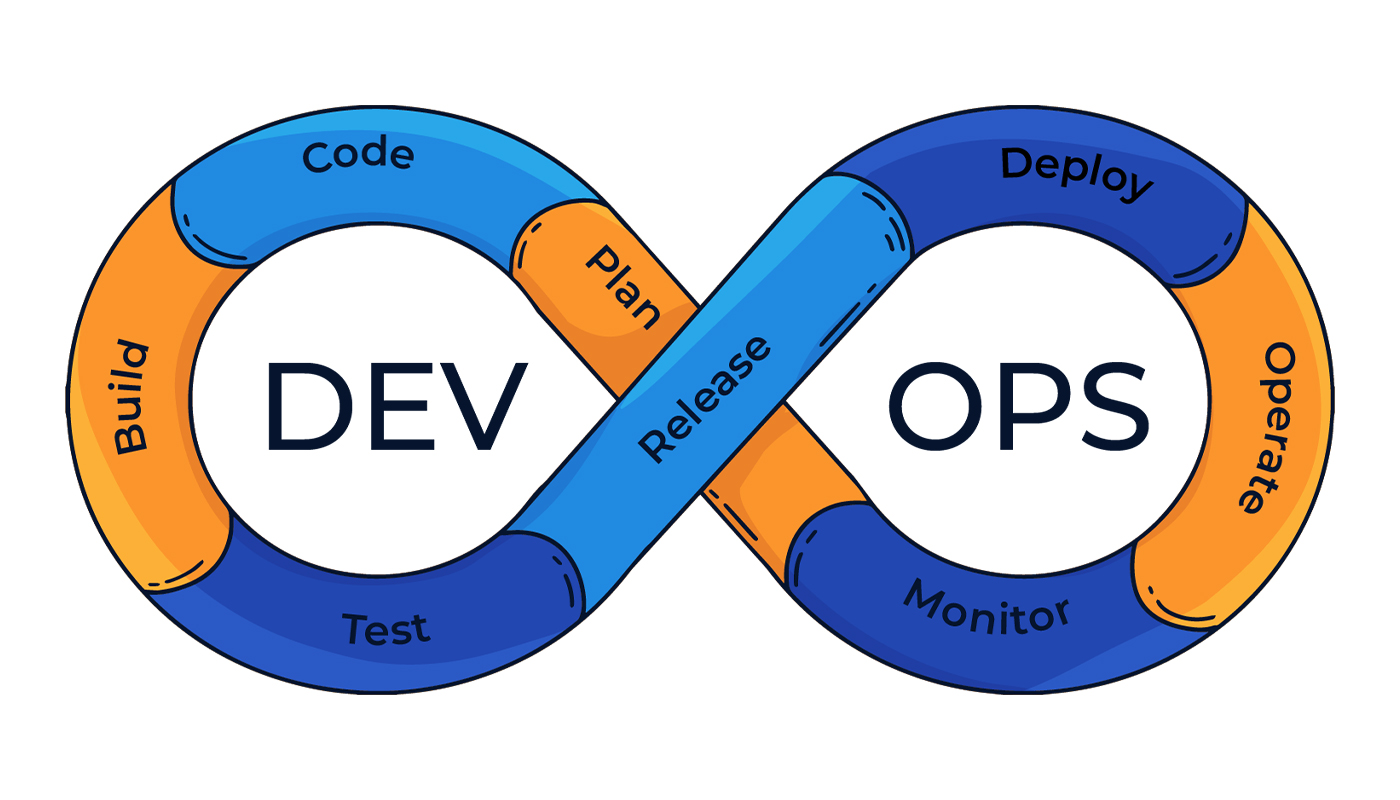
The Role of DevOps Engineers
DevOps engineers are responsible for bridging the gap between developers and IT operations. They focus on automating infrastructure, utilizing tools like Docker and Kubernetes, and managing cloud environments. Additionally, DevOps engineers champion the use of agile methodologies, facilitate collaboration among cross-functional teams, and constantly seek opportunities to optimize and improve the software delivery process.
When it comes to honing your DevOps skills, there are numerous avenues you can explore. From online DevOps courses to interactive workshops, there is no shortage of resources.
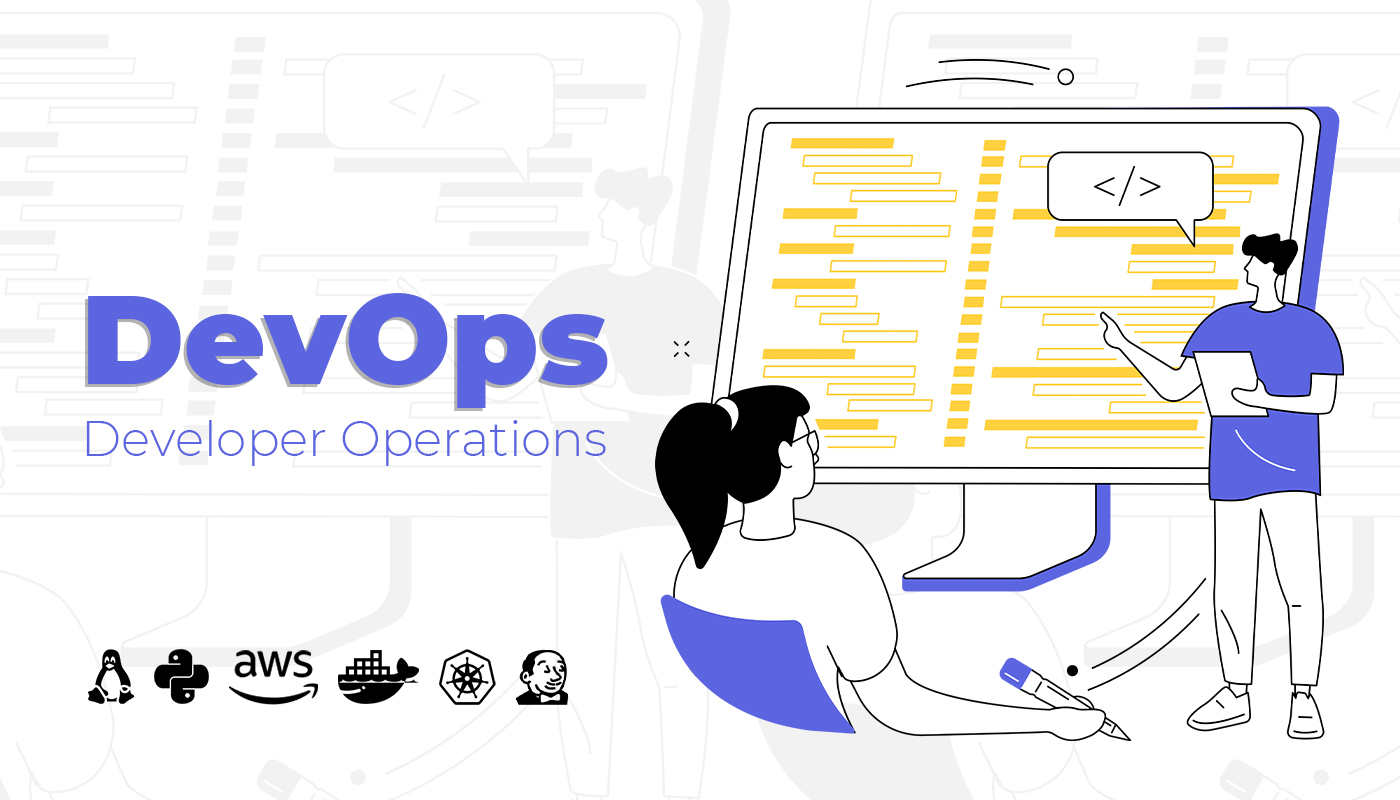
SDET vs DevOps: A Match Made in Silicon Heaven
As we have explored the realms of Test Engineers and DevOps individually, it’s time to compare these two fascinating domains. While it may seem like Test Automation Engineer and DevOps share a few commonalities, they are distinct in their roles, responsibilities, and skill requirements. However, in the realm of software engineering, it’s not just Batman or Superman who team up to save the day – SDETs and DevOps are the ultimate dynamic duo. Together, they bring harmony, efficiency, and reliability to the software development lifecycle.
Distinctions in Roles and Responsibilities
Test Automation Engineers primarily focus on the testing phase of the software development lifecycle. Collaboratively engaged with developers, they diligently uphold the caliber and dependability of software applications via methodical testing and streamlined automation. Conversely, DevOps engineers zero in on the entirety of the software’s expedition, spanning from inception to release and its onward voyage. They champion collaboration, automate infrastructure, and emphasize continuous integration and delivery.
Picture this: Test Engineers act as vigilant guardians, ensuring the software is free from bugs and defects, relentlessly testing every nook and cranny. Meanwhile, DevOps professionals orchestrate the entire infrastructure, creating an environment where software can flourish and thrive. With their powers combined, they deliver high-quality, reliable software at a blazing pace.
Skill Requirements
Test Automation Engineers excel in programming languages, test automation frameworks, and software testing methodologies. They possess in-depth knowledge of testing techniques and are skilled in analyzing complex code. In contrast, DevOps engineers have a strong grasp of infrastructure automation, cloud platforms, and configuration management tools. They possess a deep understanding of agile methodologies and are proficient in scripting languages.
The Promising Career Trajectories
Now that we’ve established the significance of Test Engineers and DevOps, let’s explore the promising career opportunities these fields offer:
- SDET Career Paths: As a career-focused Test Automation Engineer, you can embark on various paths. You might choose to specialize in automation testing, performance testing, or even shift towards becoming a test architect or quality assurance manager. The industry demands skilled Test Engineers who can navigate complex codebases, design effective test frameworks, and push the boundaries of quality engineering.
- DevOps Career Paths: Navigating the labyrinth of DevOps career trajectories unveils a panorama of diverse avenues. Commencing as a DevOps engineer engrossed in automation and infrastructure constitutes a probable launch point. Progression beckons toward the roles of a release manager, DevOps consultant, or perhaps even a visionary DevOps architect. The DevOps culture is continually evolving, and opportunities abound for those who embrace it.
Conclusion: Embrace the Future of Software Engineering
Amid the swift expansion of the digital realm, the urgency for top-tier software is gaining unparalleled significance. Spearheading this trajectory are Software Development Engineers in Test (SDETs) and DevOps pros, orchestrating innovation and fortifying synergies. Their mission: to secure the zenith caliber for the software that shapes our everyday experiences. Becoming a Test Engineer or embracing the DevOps culture is an exciting journey with endless opportunities. To maintain a pole position in this dynamic landscape, preserving razor-sharp skills and embracing ceaseless education is paramount. Wedevx emerges as a potent ally, propelling your Test Automation Engineer journey to unprecedented echelons. United, we forge a path toward a future where top-tier software resonates harmoniously with the ever-evolving demands of our digital universe.




